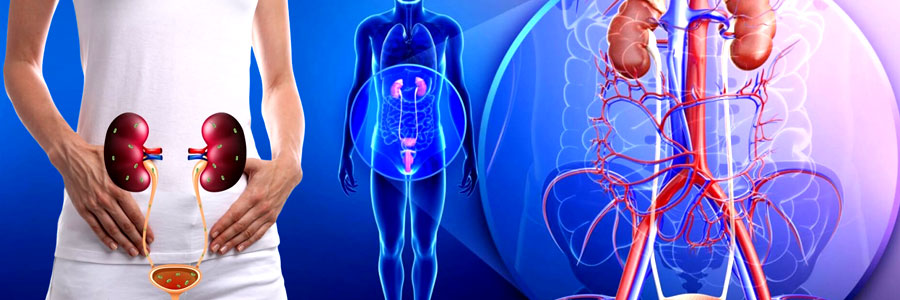
Urological cancers encompass a range of malignancies that affect organs within the urinary tract and male reproductive system. These include cancers of the bladder, kidneys, prostate, testicles, and adrenal glands.
Here's an overview of the management strategies for common urological cancers:
Bladder Cancer: Treatment options depend on the stage and aggressiveness of the cancer. They may include:
Kidney Cancer:Treatment options depend on factors such as tumor size, stage, and patient health. They may include:
Prostate Cancer:Treatment options vary based on factors such as tumor stage, grade, and patient preferences. They may include:
Testicular Cancer:
Adrenal Gland Cancer:
© Copyright 2024 | Dr. Tarun Rochlani